Thanks Trump! How Huawei could make the Google Play Store obsolete
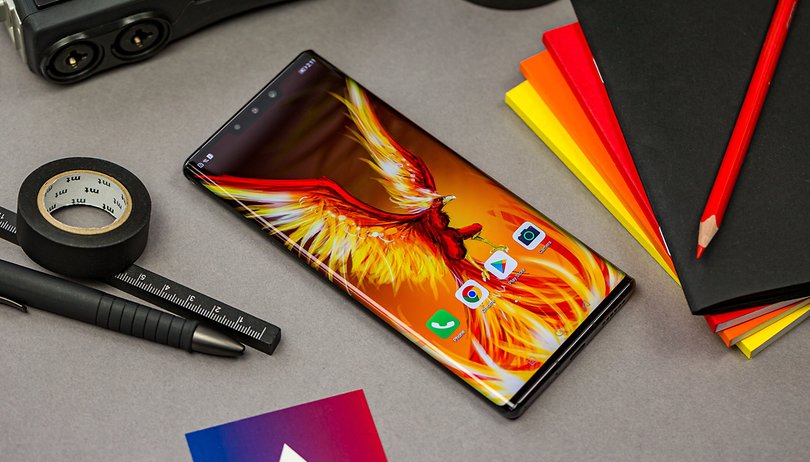

Read in other languages:
Huawei is preparing for life after Google services and is offering app developers in London up to £20,000 each to publish their apps in its AppGallery. To ensure that users have the same functionality on Huawei devices after a possible exit from Google services, Huawei has introduced a massive framework including a software development kit. This could become a precedent case that generally challenges the app duopoly of Google and Apple.
The Chinese smartphone manufacturer Huawei could soon face a major problem. If the US trade dispute continues, previous grace periods could expire and force Google and Huawei to end their cooperation. Until now, this has mainly consisted of Huawei obtaining licenses from the US software group to use certain software services on its hardware free of charge.
From the point of view of smartphone users, we would have to reckon with very considerable restrictions: the Play Store as the most important source for apps is disappearing. And even if you replace it with a third-party store or use Huawei's pre-installed AppGallery, there will be some interference: location services, maps displayed in apps or the notifications of almost all apps are managed by Google Play Services. Google also takes care of financially critical components such as advertising and in-app purchases. If the latter are not usable, most of the apps that depend on them will not start at all.
The catch: due to Google's quasi-monopoly as a platform for Android apps, almost all APKs (app installation packages for Android) are somehow Google dependent. But it is precisely this dependence that Huawei now wants to break up, and thus soften the monopoly.
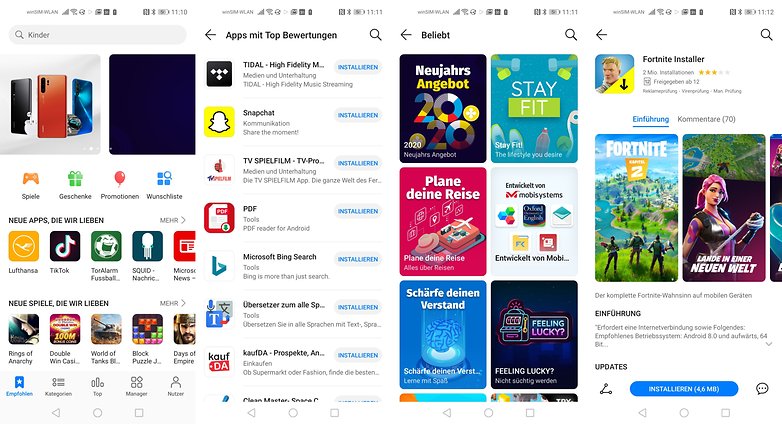
It is precisely this dependence that Huawei now wants to end. The Group now intends to have created the necessary conditions for this. The Huawei Developer Day was held in London for this purpose. Not only did Huawei show new details about Huawei Mobile Services (HMS) 4.0, its replacement for the potentially threatened Google services. Irish and British developers will also be lured with up to £20,000 bonus if they publish their app in the AppGallery by January 31. In addition, at 85 percent, their share of sales is expected to be significantly higher than in the Play Store, where the developers are only allowed to retain 70 percent of sales and in-app purchases.
Huawei could start an avalanche here
What Huawei has initiated here could really stir up the market. If developers can actually port their apps from one (de facto) platform to the next with little effort and are rewarded abundantly, the AppGallery should fill up quickly with exciting, sometimes even exclusive apps and games. You can already find the gaming super hit Fortnite there, which is still missing in the Google Play Store.
Samsung will follow this development with great interest. The South Koreans are Huawei's most interesting competitor, which continues to have a comparable market share of Android smartphones. If it were to establish an HMS-like framework parallel to Google Play Services and make app developers a similarly tempting offer for publishing on the Galaxy Store, we users would have won in two ways:
- We would have an alternative to Google Play Services, which are questionable from a data protection perspective ...
- ... outside China.
However, this competition can only arise if the adaptation effort is worthwhile for developers. Ideally, they would only have to press the export button once in their tools; select Play Store, AppGallery or Galaxy Store; and the interfaces of their app would be adapted to the APIs of the respective frameworks (Google, Huawei, ... Samsung?). If this were not the case, Huawei might be threatened with a fate similar to that of Windows Phone.
Some pitfalls remain for Huawei
While my idea of Samsung's motivation is purely hypothetical and idealistic, Huawei is faced with an urgent and real problem. The Chinese manufacturer is under latent pressure to make a move and faces a massive disadvantage if it is no longer allowed to sell new devices with the Google Play Store pre-installed or if the mass of Google-dependent apps on its devices no longer work.
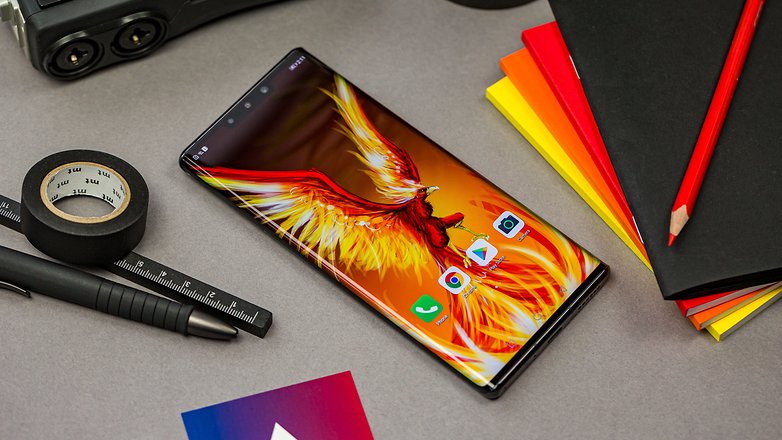
Even if HMS is a success and Irish and British app developers are dusting off the big welcome bonus by the dozen, it won't solve much of the original problem. Important apps from US companies, i.e. WhatsApp, Instagram, Uber, Microsoft Office, and Netflix are still subject to the threatening restrictions. This is because a switch from Google to HMS involves a trade with a Chinese company, which US companies would still have to obtain (temporary) approval for.
But even if the feared restrictions do not come, Huawei may have created enough incentive for hundreds of other relevant apps to migrate to the in-house play store alternative. Then the trade dispute would have produced a strong competitor, which in perspective could still find many imitators. And this new competition would finally bring us users the much-needed alternatives to the previous duopoly Google vs. apple. Thanks, Mr. Trump!
Source: TechRadar, Business Insider, Huawei






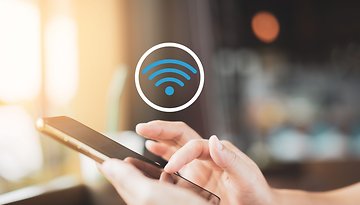
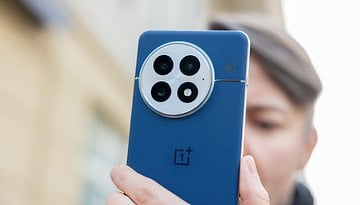

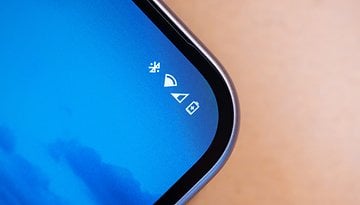
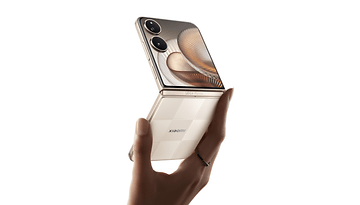
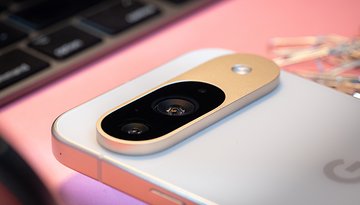

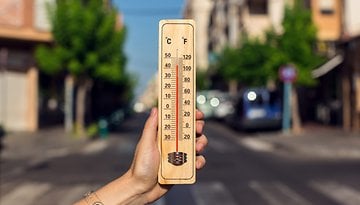
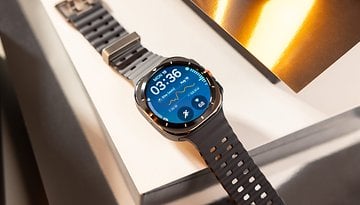





The sky is falling, the sky is falling... oh blame Trump
It hasn't worked for Samsung or anyone else yet. Not sure why it will for Huawei.
that may be true but no previous company has had this strong incentive before - with the growing dislike of the US around the world this could just backfire on them.
-
Admin
Jan 21, 2020 Link to commentHow things backfire sometimes ! A move intended to damage a Chinese company could end up damaging a large US company. Anyway real competition is always an advantage for the end user
I really like that to be fair, they if Huawei starts this, Google Play Store will have to improve too
That will NEVER happen